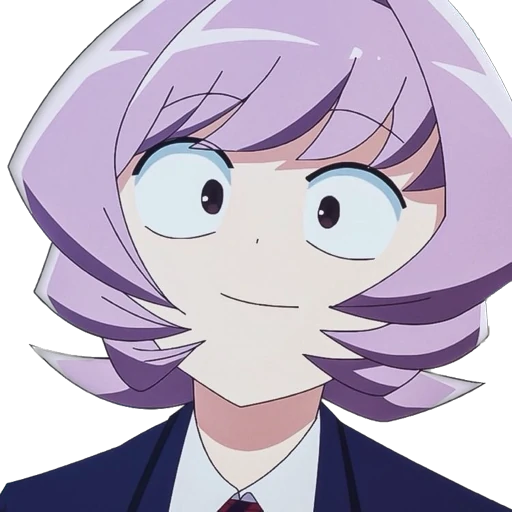 Tokyo Story
Tokyo Story
darkness [at] sandyuraz [dot] com
Dossier 🖋 | Bookshelf 🔖 | Fortunes 🧧 | K.K.’s Fortunes 🦋 | Go Up ☝️ | Home 🏠
 Tokyo Story
Tokyo Story
What a debilitatingly saddening film. Has the cinema industry as a whole been able to produce something of this quality, depth, and observational insight into a human nature anywhere around the modern times? This. This is rightfully one of the greatest films of all time.
I understand that children and relatives get driven apart as time goes. Especially when they start their own families—what Noriko told us about how disappointing life can be (and is). However, much like Kyoko—I couldn’t get the nasty feeling of what all blood relatives (except Kyoko) did wasn’t just cold—it was downright despicable. In how stingy they were about food (ordering sukiyaki and not sashimi), the rotten behavioral patterns, and the complicity of the rest of “the family.”
“Even strangers would have been more considerate.”
Lousy children. It may have been released over 70 years ago, yet the social critique that Yasujiro Ozu captured here remains the most human, and the most wrenching as ever. Can’t look away for a single moment’s time—what if I miss that single second in the long scene? You can’t cut even a single second away. It’s that tight.
[mild spoiler below, don’t read if you haven’t seen]
The part that locked me in was the part where the Mother was staying at Noriko’s for the night. With the scene of Noriko lying on the floor with her mother in-law sobbing in the background—surrounded by the total sinking and somewhat... oil-like darkness of her little apartment. As Martin Scorsese would say, “Now this is Cinema.”
What an overwhelming experience. I’m so happy I go t Criterion’s box with all the supplementals and a commentary with Yasujiro Ozu scholar David Desser. Beautiful. Call your mother, father, siblings, people you care about—tell them that you love them. Simple human kindness, the most natural of its kind has been waning away in 1953—devastatingly so much today.